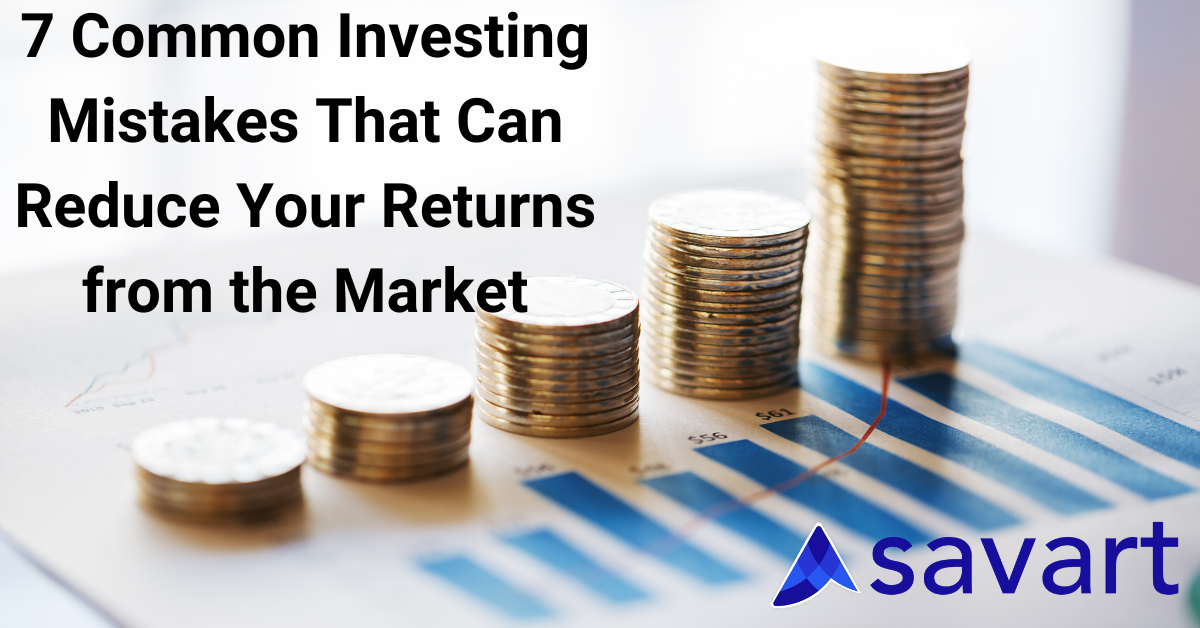How Do You Deal With Financial Problems? Create An Emergency Fund
Consider this situation. You are the sole earner in your small family. You are on a holiday after many months of hard work with your family, and everyone is enjoying their trip abroad. Suddenly, you are involved in an unfortunate accident, and you are injured. Such situations can cause you grave panic when you are in a different place. Now imagine you are in this situation, and you are also penniless. What would you do in such a situation? These are common concerns of many people, and maybe this might never occur to you, but there is always a tiny change that it might – God forbid – happen to you or someone you love. Therefore, you need to hedge your financial position with the help of emergency funds.
What Are Emergency Funds?
An emergency fund, as the name suggests, are a corpus of funds that will help you in an emergency. They are a sort of ‘back-up plan, if you like. They are meant to be there for you when you are in desperate need of money for an important expense but have nothing in your bank account. Life is full of emergencies, and they simply cannot be avoided. When such emergencies happen, it is your job to make sure you have the resources to tackle them. This fund must be built over time with a lot of hard work and saving. Needless to say, this fund will take time to build, but will be your friend in a time of need.
Once bult, your emergency fund will be available for you whenever you need it. This is why most salaried people choose to create one. Working in a corporate 9 to 5 job may only help you save a little, but even a little in savings is helpful for you. This is how you can protect yourself from financial ruin. Regular investment into your emergency fund can help you stave off any financial problems in the future.
Here is how you can park some of your hard-earned money into emergency funds:
1. Plan the Investment
You need to be able to withdraw your emergency fund immediately in a time of need. This is the most important aspect of an emergency fund. When you have an emergency, you cannot wait for days or weeks to get money in your hand. Therefore, your emergency fund must have the ability to convert from assets to cash quickly. Do not invest in assets that have lock-in periods. These include ELSS, PF and other funds that cannot be withdrawn easily. You must also invest in low to medium risk assets, so that you don’t lose a lot of money by betting on something that is very risky. A mix of debt, index funds and blue-chip stocks are great for an emergency fund.
2. How Much Will You Invest?
An emergency fund must be available to you for any emergency expense no matter how small or large, It should help you cover the entire expense and also maybe allow you to have some left behind to start a new emergency fund once this is exhausted. Even if you are in between jobs, you will need your emergency fund to cover your daily expenses for that time duration. You will also need it to clear any expenses you may have incurred in the form of loans and credit card fees.
Plan how much you would need in your emergency funds and invest accordingly. If you use Savart’s financial goal manager, you will automatically get an investment amount with each goal you pick. If you want to create a goal for an emergency fund, just pick the goal amount and the duration and Savart will automatically calculate how much you need to invest each month. Your financial goals are your responsibility. Let Savart help you reach them. Sign up today!
-

Individual investors engage in stock market activity for a variety of reasons, e.g., long-term gains, short-term gratification, experiencing daily highs/lows, learning, applying intellectual strategies, etc. Their approaches to achieving these objectives can be broadly classified as active or passive in terms of the time spent analyzing the markets and their frequency of transactions. Let’s understand […]
-

7 Common Investing Mistakes That Can Reduce Your Returns from the Market Investing is an exciting experience. But it can also overwhelm people, especially those who are starting afresh. By their very nature, stock markets go up and down – disciplined investors understand this, and develop strategies to reduce their risks during market lows (as […]

